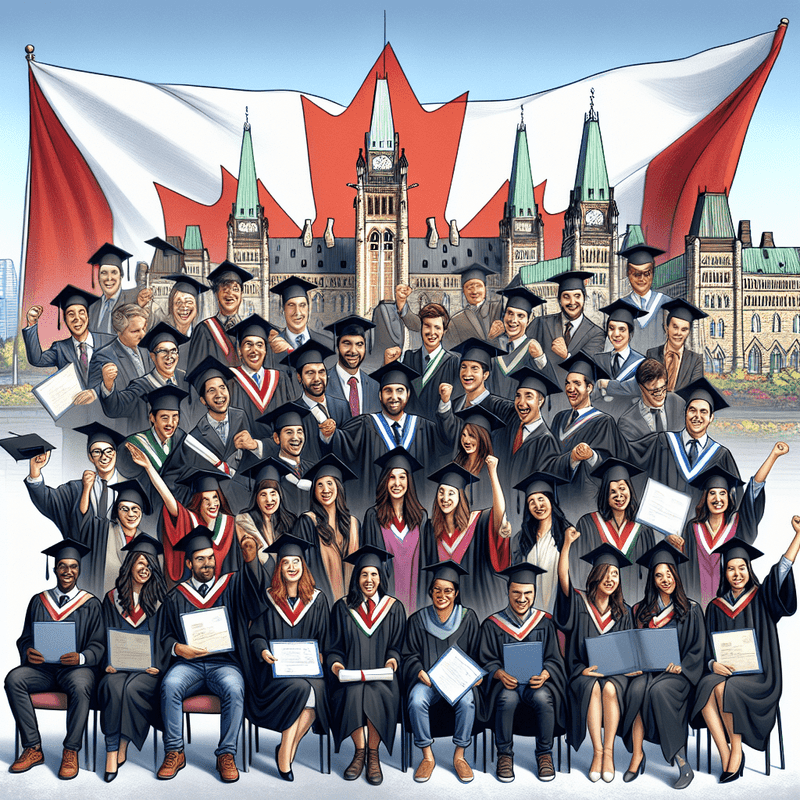Canada Drops PGWP Study Field Requirements for College Graduates

Overview of Changes to Post-Graduation Work Permit (PGWP) Requirements for International Graduates in Canada
In a significant policy shift, the Canadian government has announced that international graduates from college bachelor’s programs will no longer be held to specific field of study requirements to qualify for a Post-Graduation Work Permit (PGWP) starting March 2025. This move comes as part of broader immigration reforms aimed at addressing labour shortages in critical sectors while simplifying pathways for international students.
Key Changes Explained
-
Removal of Field of Study Requirements: Previously, college bachelor’s graduates had to graduate from programs linked to labour market shortages to be eligible for the PGWP. This requirement has now been rescinded, aligning their eligibility with that of university bachelor’s graduates.
-
Ongoing Language Proficiency Requirements: Despite the easing of field of study restrictions, all PGWP applicants who submitted their initial study permit applications after November 1, 2024, must still demonstrate specific language proficiency. This includes a minimum of level 7 proficiency for bachelor’s, master’s, and doctoral graduates, and level 5 for other college or polytechnic programs.
- Continued Restrictions for Other Programs: Graduates from non-bachelor’s university programs, as well as those from most other college or non-university programs, remain subject to field of study criteria. Notably, certain categories of graduates remain ineligible for the PGWP, including those who studied English or French as a second language or took non-eligible courses.
Analysis: Navigating the New Landscape
The removal of the field of study requirement for college bachelor’s graduates signals Canada’s intent to attract a more diverse range of skilled workers. This change could have far-reaching implications, particularly in alleviating skill shortages across various sectors. However, the continued language proficiency demands suggest that the government remains committed to ensuring a certain level of competency among international graduates, maintaining standards that can enhance workplace integration.
Moreover, this policy adjustment must be viewed in the context of Canada’s broader immigration strategy, which has seen a tightening of entry pathways in response to domestic pressures, such as housing affordability and labour market dynamics. By aligning PGWP eligibility with critical economic sectors, the government aims to steer international talent towards areas where workers are urgently needed, thereby supporting economic stability and growth.
Future Implications for International Students
For prospective international students considering Canada as their study destination, the latest changes may enhance the attractiveness of college bachelor’s programs. With fewer constraints on post-graduation work opportunities, students may feel more empowered to pursue diverse fields of study. However, they must also be cognizant of the language proficiency requirements and ensure they meet the necessary benchmarks.
As Canada continues to adapt its immigration policies in response to evolving economic and social landscapes, international students are encouraged to stay informed and consider their options carefully. Engaging with immigration consultants and staying updated on policy changes will be crucial for maximizing their opportunities in Canada’s competitive job market.
Conclusion
The recent modifications to PGWP eligibility marks a pivotal moment for international graduates in Canada. By removing field of study restrictions for college bachelor’s programs, the government is not only responding to immediate labour shortages but also fostering a more inclusive environment for international talent. As these changes take effect, they will undoubtedly shape the future landscape of post-graduation opportunities in Canada.



